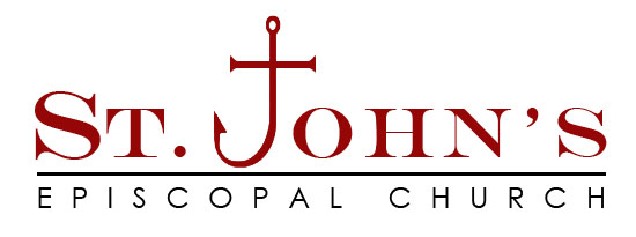The Trinity
Although often forgotten, Trinity Sunday is one of the Principle Feasts of the Episcopal Church. Its origins are uncertain and the early church did not set aside a particular day to celebrate the Trinity. Thomas Beckett was consecrated Archbishop of Canterbury in 1162 in the Sunday after Pentecost and one of his first acts was to declare that Sunday a Feast for the Holy Trinity. The festival became quite popular and was eventually added by Pope John XXII in 1334 to the Roman Catholic celebrations.
It is a bit out of character with the other Feasts and celebrations because it does not celebrate an event (such as Christmas or Easter), or a person (like the various saints’ days) but rather a doctrine. In fact, it is the only major Feast that celebrates a Doctrine rather than an event.
So, why celebrate it? Well, there is no single, historical answer, but I would offer a couple of thoughts. First, the Trinity is certainly one of the distinctive elements of Christian faith and separates it from all other religions. Second, it reminds us that God was complete in community. This means that God did not create us out of need (“I want some company”) but out of love, as a natural expression of community. Third, it means that God relates to us in the completeness of who we are. Whether that is visualized as body, mind and spirit, or some other way, we can find a parallel in the Trinity that addresses the whole person.
But most importantly, it is the best we have come up with to express how God is revealed in the Scripture and in our lives.
If you’re up for a little theological humor, click here for a clever video of St. Patrick, one of the great teachers of the doctrine of the Trinity (died 460 AD) being grilled on the subject by a couple of smart alecky Scots.
This column appeared in the June 16, 2019 issue of St. John’s eNews. Click here for the complete issue.
If you are reading this at a different time, you may click here for the current eNews.
